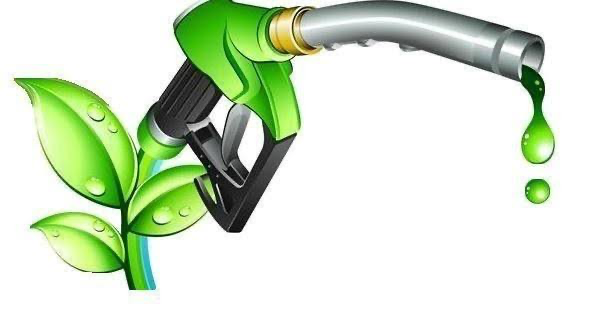The U.S. Environmental Protection Agency (EPA) has initiated investigations into the supply chains of at least two renewable fuel producers. The audits are in response to industry concerns about the use of fraudulent feedstocks for biodiesel production, which are eligible for significant government subsidies.
Concerns Over Feedstock Authenticity
The EPA’s investigations, launched over the past year, aim to ensure that biodiesel is produced from sustainable ingredients like used cooking oil. This type of feedstock can earn refiners state and federal environmental subsidies, including tradable credits under the Renewable Fuel Standard (RFS) administered by the EPA. However, there are fears that some supplies labeled as used cooking oil might actually be cheaper and less sustainable virgin palm oil, which is associated with deforestation and other environmental damage.
The issue has gained attention following a notable increase in used cooking oil exports from Asia, which analysts have flagged as unrealistic given the amount of cooking oil used and recovered in the region. The European Union is also conducting similar investigations into feedstock authenticity due to fraud concerns.
Regulatory Measures and Industry Oversight
The EPA began these audits after updating domestic supply-chain accounting requirements in July 2023 for renewable fuel producers seeking RFS credits. EPA spokesperson Jeffrey Landis stated, “EPA has conducted audits of renewable fuel producers since July 2023, which includes evaluating the locations where used cooking oil for renewable fuel production was collected.” He emphasized that these investigations are ongoing and could not disclose specific details about the companies involved.
U.S. senators from agricultural states have called for stricter oversight of biofuel feedstocks. They argue that federal agencies should apply the same rigorous verification standards to imports as they do to domestic supply chains. “The Biden administration has created vigorous standards to verify, not just trust, American producers, and it is imperative that the same scrutiny is applied to imported feedstocks,” wrote six U.S. senators, led by Roger Marshall and Sherrod Brown, in a June 20 letter to federal agencies.
Legislative Pressure for Exclusion of Imported Feedstocks
In addition, a group of 15 senators sent a letter to the Treasury Department on July 30, urging the exclusion of imported feedstocks like used cooking oil from an additional clean fuel tax credit program passed in the Inflation Reduction Act. This move aims to ensure that only domestically sourced, verified sustainable feedstocks benefit from the tax credits.
The heightened scrutiny by the EPA and calls for more stringent verification measures reflect the growing concern over maintaining the integrity of the renewable fuel market. Ensuring that biodiesel producers adhere to sustainable practices is crucial for meeting environmental goals and maintaining public trust in green energy initiatives.
As the investigations continue, the EPA’s actions are likely to impact the renewable fuel industry significantly, ensuring that subsidies and credits are awarded only to those who comply with sustainability standards. However, the focus remains on preventing fraud and promoting genuine environmental benefits through the use of truly sustainable feedstocks.
Source: Reuters



